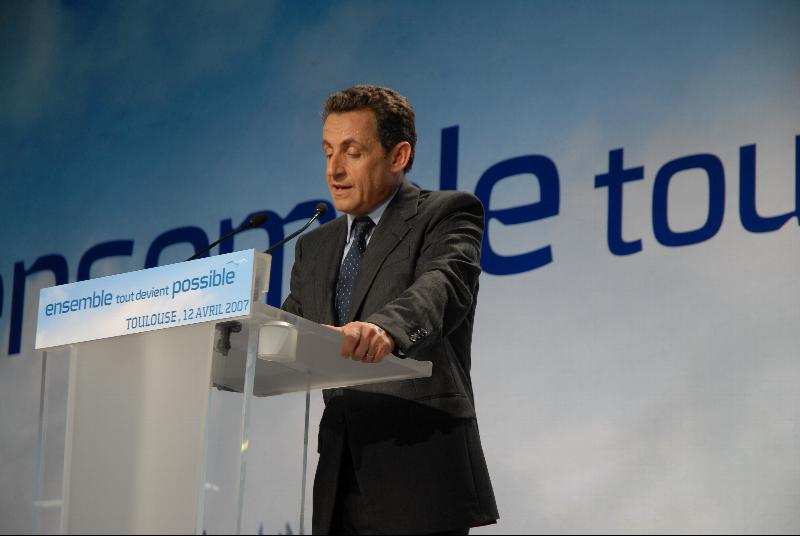
By Guillaume Paumier on Flickr. Some rights reserved.
“The results were like the elephant in the room” – that’s what one journalist told Journalism.co.uk after users were said to have taken to Twitter to try and get around a ban on the discussion of predicted results in the French presidential election.
The law, which dates from 1977, bans the reporting of results, projections and exit polls on the day before and day of the election until the closure of the last polling stations.
The ban will also apply to the run-off between Nicolas Sarkozy and Francois Hollande on Sunday 6 May and is expected to remain in place, after Jean-Francois Pillon, the head of France’s polling commission, reportedly said he would call on state prosecutors to bring charges against media organisations and individuals who had allegedly defied the ban.
The last polling stations closed at 8pm on Sunday, but before this deadline the hashtag #radiolondres, a reference to resistance broadcasts made in the Second World War, was being used to discuss the projected results, with the candidates being given code-names to try and circumvent the ban.
French tweeters are evading the blackout on reporting poll numbers before 1800GMT with coded messages #radiolondres #france2012
— Tristan Redman (@TristanAJE) April 22, 2012
Nicola Hebden, a freelance journalist covering the election, told Journalism.co.uk the events highlighted the issue of attempting to ban information spreading on Twitter:
While we were broadcasting, the results were like the elephant in the room – we all knew them – the news team, the viewers – but we weren’t allowed to talk about them on air.